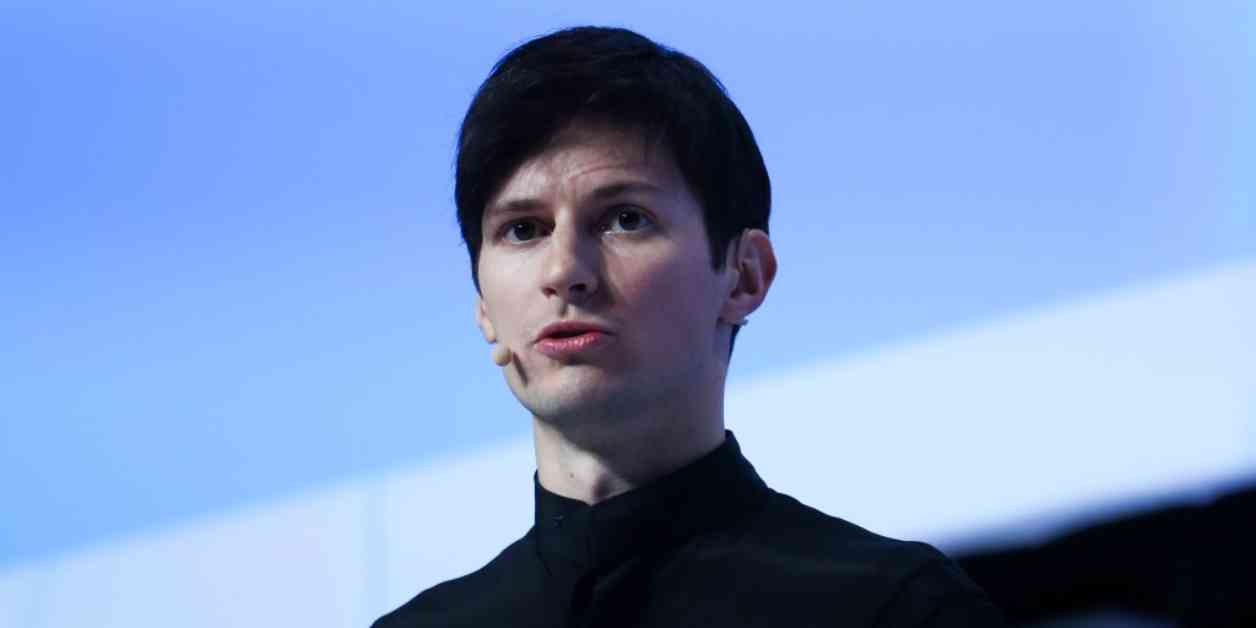Telegram, a popular messaging and news app used by millions worldwide, is facing intense scrutiny and outrage following the arrest of its CEO, Pavel Durov, in France. Before Durov’s arrest, the app had been accused of turning a blind eye to concerns raised by advocacy groups about child safety and exploitation on its platform.
Advocacy groups, including the U.S.-based National Center for Missing & Exploited Children (NCMEC), the Canadian Centre for Child Protection, and the U.K.-based Internet Watch Foundation, have all alleged that their efforts to reach out to Telegram about child sexual abuse material (CSAM) have largely been ignored. Despite these warnings, Telegram continued to operate without adequate content moderation or cooperation with law enforcement agencies.
Durov’s arrest in France, as part of an investigation into illegal transactions and the distribution of child sexual abuse material, has brought these longstanding concerns to the forefront. The Paris prosecutor has not announced specific charges against Durov but has indicated that he is being investigated for complicity in these illegal activities.
In response to the allegations, Telegram released a statement asserting its compliance with European Union laws and denying any wrongdoing on its part. The company claimed that Durov has “nothing to hide” and dismissed the notion that a platform or its owner could be held responsible for the abuse that occurs on the platform.
Despite Telegram’s claims of actively moderating harmful content, advocacy groups maintain that the platform has been a haven for CSAM. John Shehan, senior vice president of NCMEC’s Exploited Children Division & International Engagement, commended the French government for taking action against Telegram, emphasizing the platform’s lack of content moderation and its role in facilitating child sexual exploitation.
Telegram’s unique stance on content moderation sets it apart from other major tech platforms, as it refuses to respond to reports of illegal activity in private or group chats and has disclosed zero user data to third parties, including governments. While the company claims to monitor and remove harmful content, critics argue that its lack of cooperation with law enforcement and advocacy groups is enabling the proliferation of CSAM on its platform.
The Stanford Internet Observatory’s report on platforms’ enforcement of CSAM highlighted Telegram’s permissive approach to privacy and content moderation, noting that it is the only major tech platform that does not explicitly prohibit CSAM or grooming of children in private chats. This lack of accountability has raised serious concerns among child protection advocates and law enforcement agencies.
In contrast to U.S.-based platforms that are required to work with organizations like NCMEC to combat CSAM, Telegram’s Dubai-based headquarters have allowed it to operate independently of such regulations. However, this independence has also shielded the company from accountability and oversight, leading to allegations of inaction in addressing child safety concerns on its platform.
Advocacy groups like the Internet Watch Foundation and the Canadian Centre for Child Protection have repeatedly reached out to Telegram to collaborate on blocking and preventing the spread of CSAM, but their efforts have been rebuffed. Telegram’s refusal to take proactive steps to curb the distribution of illegal content has drawn sharp criticism from these organizations, who argue that the company has a moral obligation to protect vulnerable users from exploitation.
Stephen Sauer, director of Canada’s national CSAM tip line, highlighted the growing prevalence of CSAM on Telegram and the platform’s opaque moderation practices. Despite receiving reports of illegal content, Telegram has failed to take effective measures to combat the spread of CSAM, allowing offenders to access and share exploitative material with impunity.
The lack of response from Telegram to these serious child safety concerns has sparked outrage among advocacy groups and fueled calls for greater accountability and transparency from the platform. As the company grapples with the fallout from Durov’s arrest and the ongoing investigation into its role in facilitating illegal activities, the spotlight remains firmly on Telegram’s policies and practices regarding child safety and exploitation.
Overall, Telegram’s lack of response to child safety concerns raised before its CEO’s arrest has raised serious questions about the platform’s commitment to protecting its users and preventing the spread of harmful content. As the company faces mounting pressure to address these issues, the importance of collaboration with advocacy groups and law enforcement agencies in combating child exploitation cannot be overstated. Telegram must prioritize the safety and well-being of its users above all else and take decisive action to address the concerns that have been raised.


























